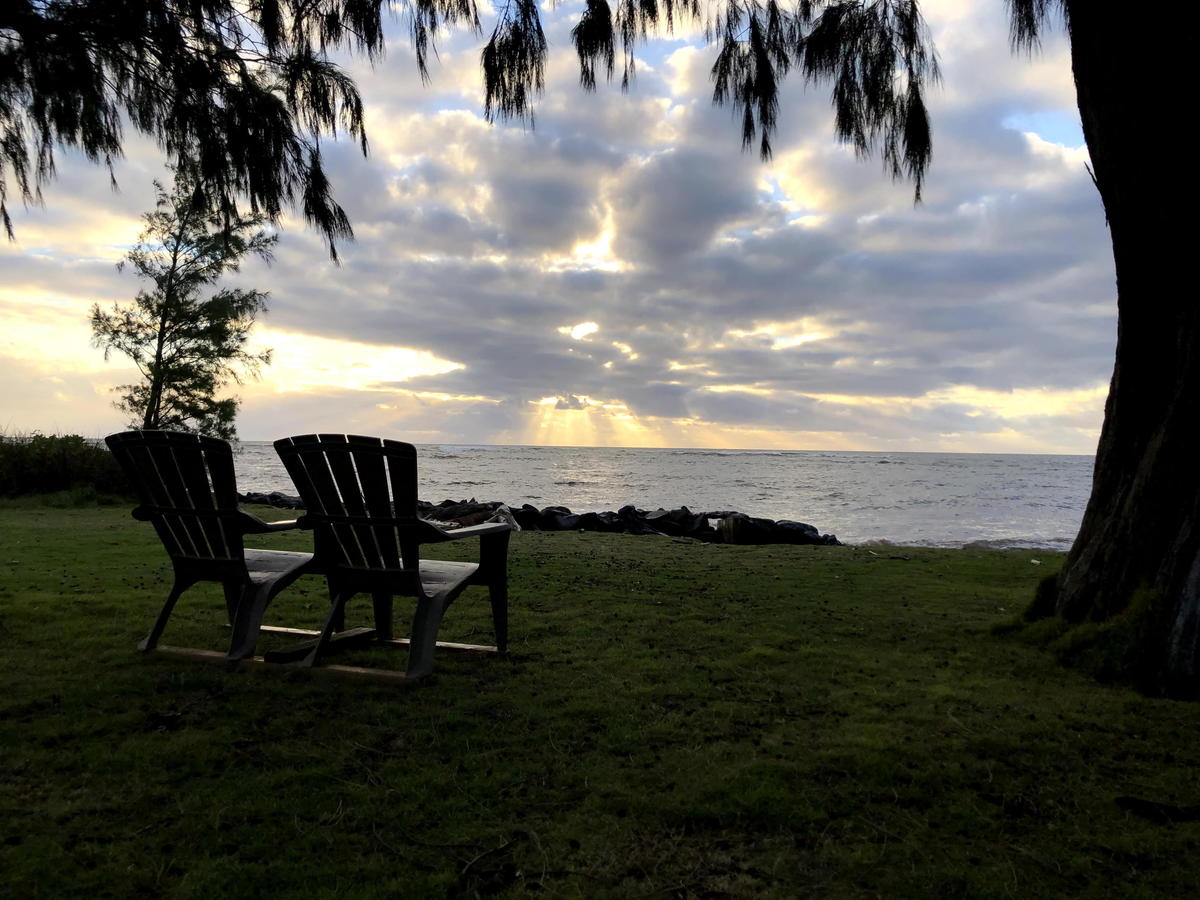Stay tuned… Christine will post content related to grief process, anxiety management, communication and more. If interested in a specific topic, please contact her with your suggestions.
no short cuts in grieving
posted: Jan. 20, 2021.

I live by the motto that “time and process heals all wounds” but I more recently realized afresh that grief has a rhythm all its own. I can’t rush through it in hopes of moving onto something more pleasant like, say, a root canal (read sarcasm). Both the element of time and intentional processing are necessary for effective grief processing. We can’t circumvent the rhythm – trust me, I’ve tried.
I’ve had my share of losses over the years (elderly grandparents, relatives and friends from cancer, uncle by murder, cousin from a brain aneurysm, parents from health issues, family friend by suicide, etc.) but the grand daddy of them all was losing my beloved husband of 24 years unexpectedly from an unknown heart condition. In an instant, my world stopped.
We are all grieving something, some of us just don’t know it.
To live is to experience loss. Some losses barely register on our radar and are not going to have an afterburn effect… or they might, later. Other losses are more severe. Typically losses from relationships that weren’t a part of our everyday life will have less daily triggers. But a major loss – someone who was a part of our everyday life – will most assuredly have a myriad of triggers. Too many to count or prepare for.
After losing my husband, John, I relied on metaphors to help me approach my grief processing in a realistic, productive manner. In the early days, I likened grief to a part-time job – one that I didn’t ask for, don’t get paid for, and came with unexpected assignments that demand priority. In order to make peace with my grief, I had to consent to giving it time, energy, and attention. I didn’t want to give it any of my resources, but I quickly learned that ignoring my grief didn’t make it go away. Instead, it would pop up unannounced in the form of irritation, impatience, or sometimes anxiety and depression. It was a pay me now or pay me later type of thing.
Going along with the part-time job analogy, I asked myself, “Okay, if I had a job that say, took about 15-20 hours of my time per week, how would that affect my capacity to get things done?” Putting it in those terms, I soon had an understanding of how to scale back my expectations of what my productivity output could reasonably be on a given day. Scaling back activity and paying attention to my energy needs was only part of the equation. I didn’t just get a pass on doing what my normal responsibilities were. I also had to do some active grief processing (translation: crying).
 Empty Chairs (c) 2019 C. ListerGrief processing includes a myriad of expressions, not all using words.
Empty Chairs (c) 2019 C. ListerGrief processing includes a myriad of expressions, not all using words.
While crying is a necessary and understandable expression of sorrow, grief processing includes several additional options. When John died, I relied on a variety of grief expressions. Sometimes I needed to talk things out with a non-judgmental listener who could track along with my mental wanderings. Even though our minds can’t fully understand death, we have a need to sift through the various ideas that enter our minds. Verbal processors, like me, have a need to discuss these ideas aloud to a caring person that will patiently listen. Internal processors tend to sort through their ideas silently but still may absorb input from the outside world.
Using non-verbal forms of expression, like visual art was another outlet. I produced several paintings that ranged from random colors and shapes on canvas to recognizable landscape scenes. Skill was not the point here. It was about using color, texture and arrangement to symbolize the pain I felt inside. I also took photographs with my iPhone to depict aspects of my grieving. I would notice scenes in nature that somehow spoke to my emotions surrounding my grief. Capturing these scenes through pictures provided a visual representation that gave my grief a different voice.
Responding to a journal prompt is another form of processing that helps create a new narrative acknowledging the reality of the loss. Of course, coming to terms with the new reality is a delicate negotiation. For the longest time, I stayed away from describing myself as having “accepted” John’s death. Instead, I was willing to participate in the current reality where he was no longer present in bodily form. Finding a way to accurately describe our mental state at a given point in our grief journey creates a record we can refer back to. I regularly journaled my thoughts and processing of John’s death, the aftermath, and my emerging concepts of my life moving forward. Re-reading those entries at a later point in my widowhood gave me fresh insights on my progress.
Surprising outlets for grief processing were road trips and solo retreats. A long drive provided uninterrupted space for me to free-flow thoughts and emotions I sometimes didn’t have time for when managing daily responsibilities. This was also how I communed with God to wrestle through spiritual questions. Spending regular weekends away from home by myself established a deeper connection with myself and God. I had to deconstruct parts of my identity that needed updating in the aftermath of this type of loss. That’s not a process easily done within the context of daily life.
 Desert Tree (c) 2020 C. Lister
Desert Tree (c) 2020 C. Lister
Grieving a major loss is hard work. It will drain energy out of you on a daily basis. But you do find ways to replenish energy even as you attend to the job of grieving. When I invest my time, energy and efforts to grieve well, I am investing in giving myself a shot at living my best life now. There are no shortcuts to grieving, just like there are no shortcuts to living. In the process of slowing down to attend to my grief these past 3 ¼ years, I’ve discovered that I’m also slowing down to appreciate the life I am living. Even without my best friend and lover, life has had its share of tender, sacred moments that spur me onward. Like a tree impossibly flourishing in the desert, grieving my husband taught me the value of living and thriving in the aftermath of such a significant loss.
Chrisitine Lister, LMFT helps others find ways to thrive after losing their spouse. Contact her for more information.